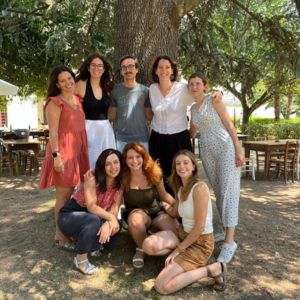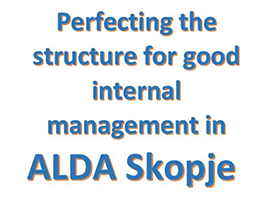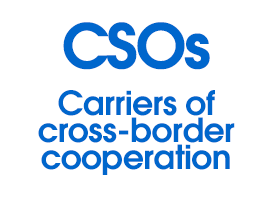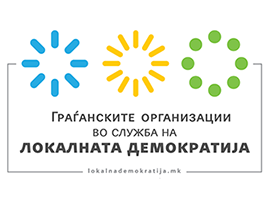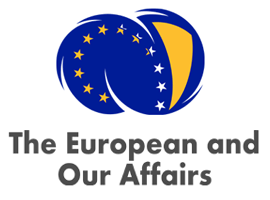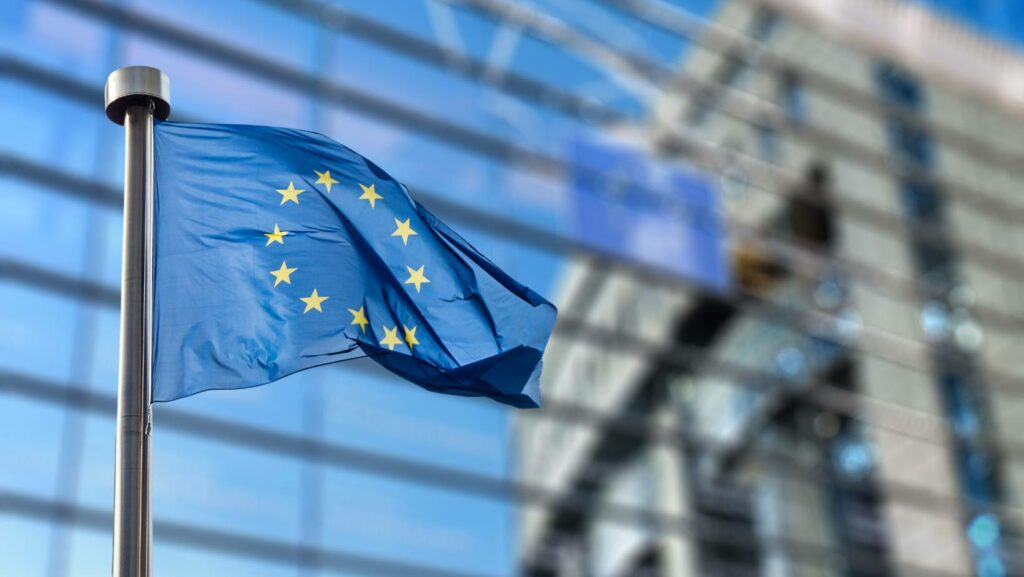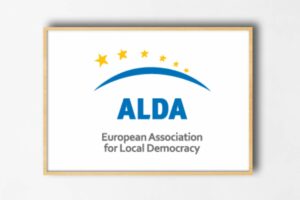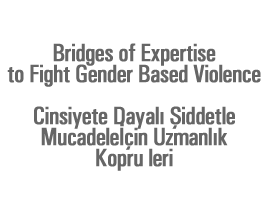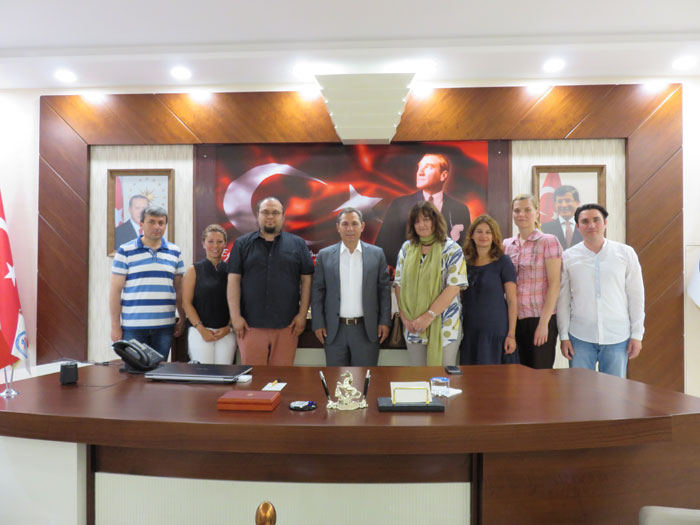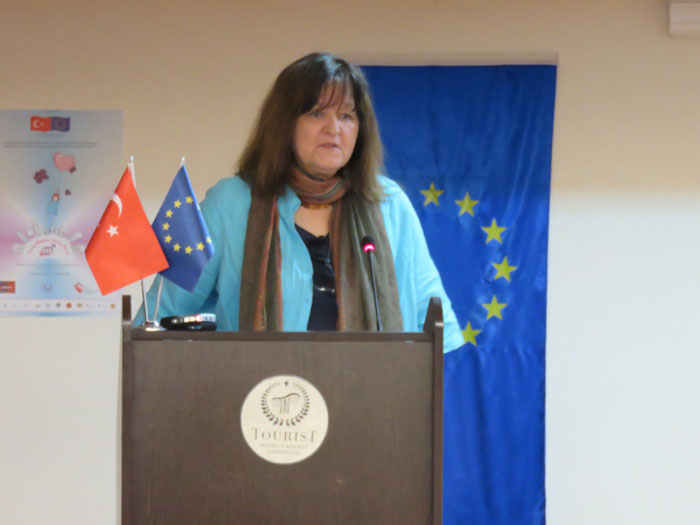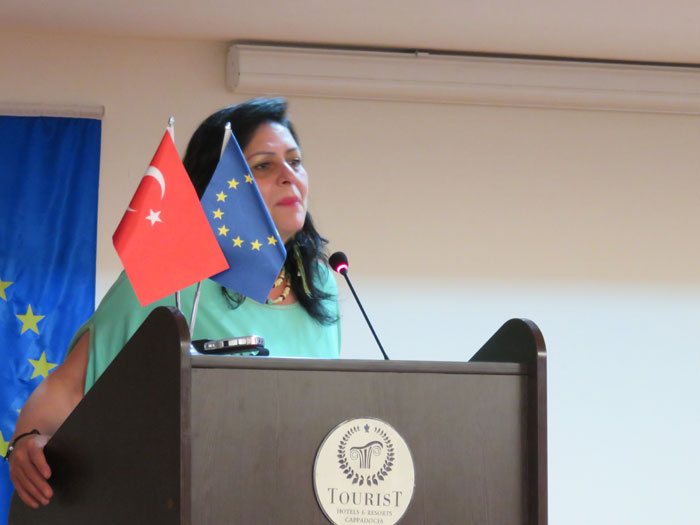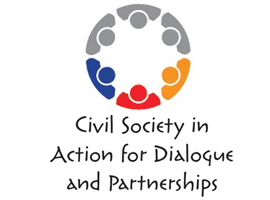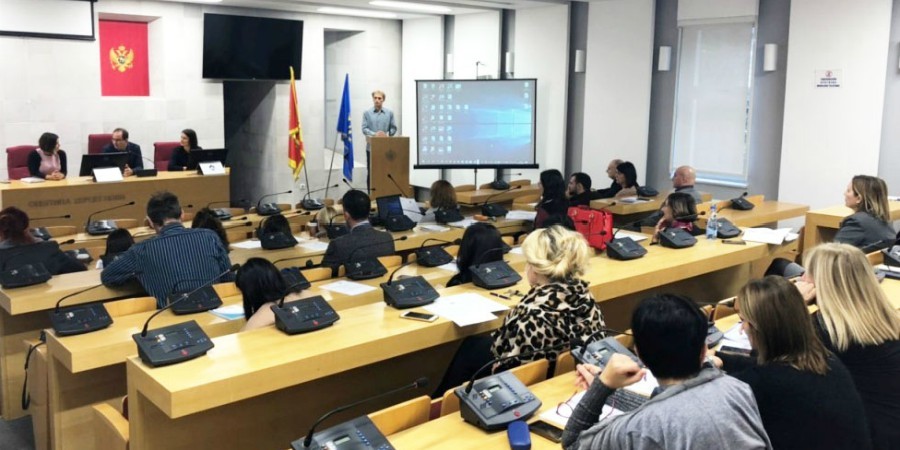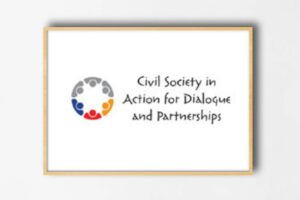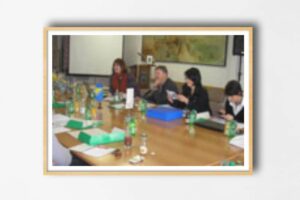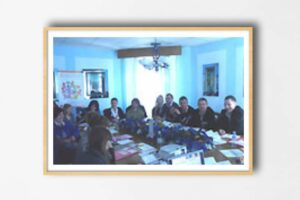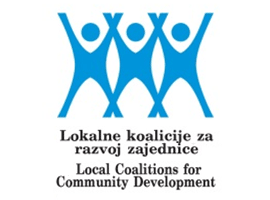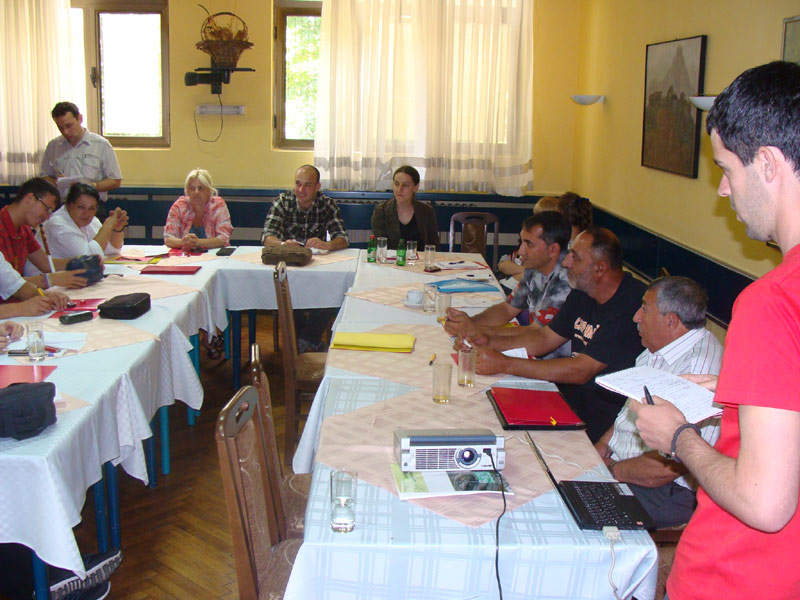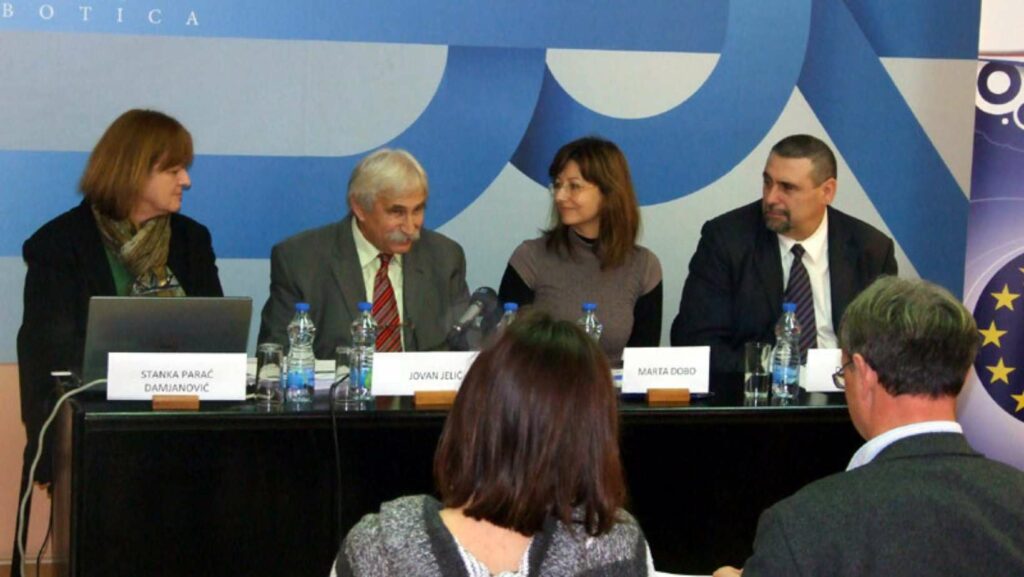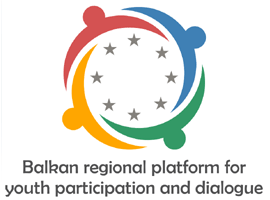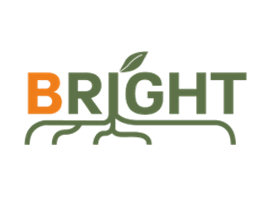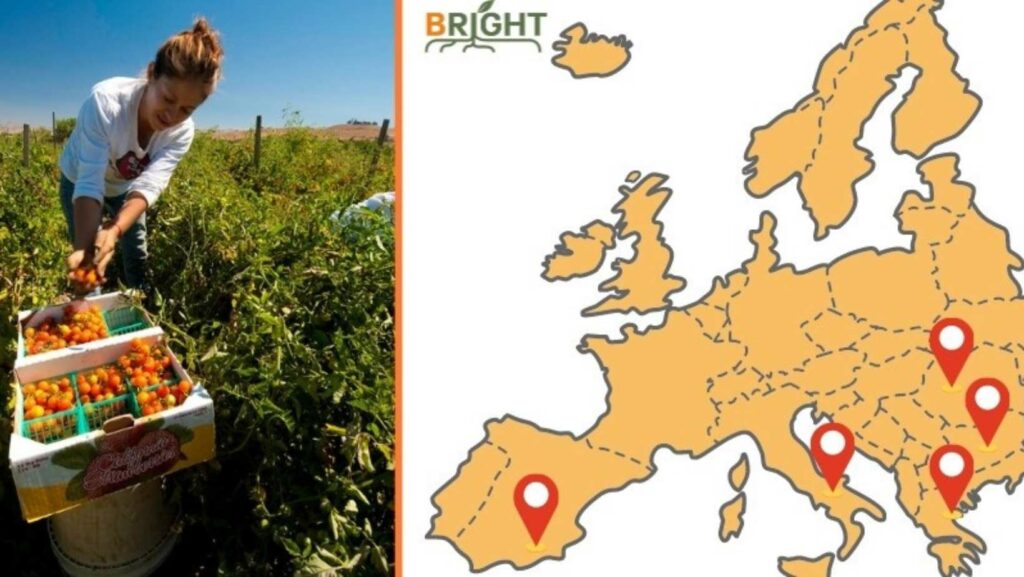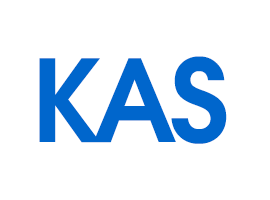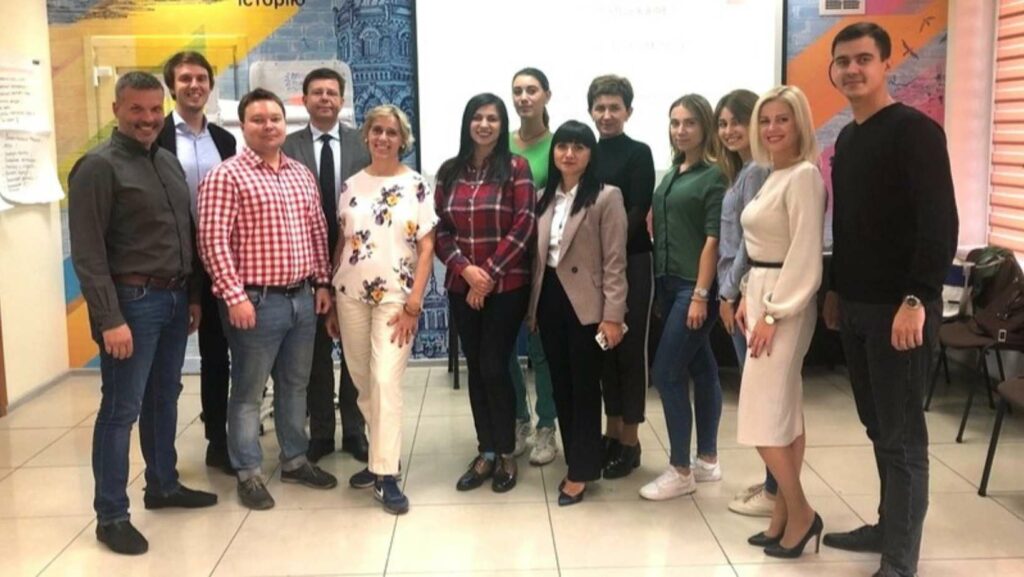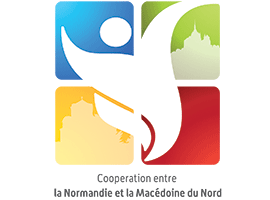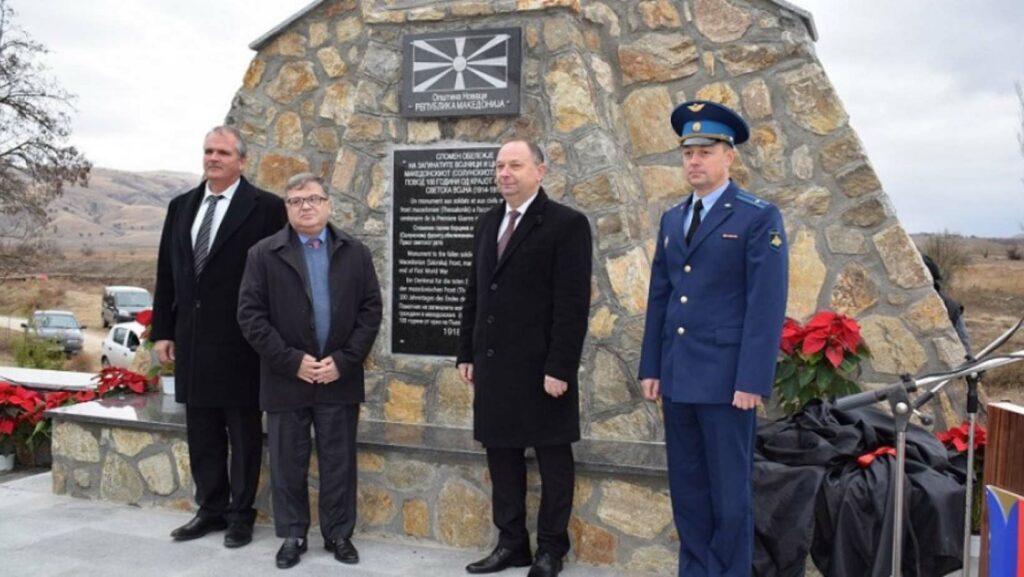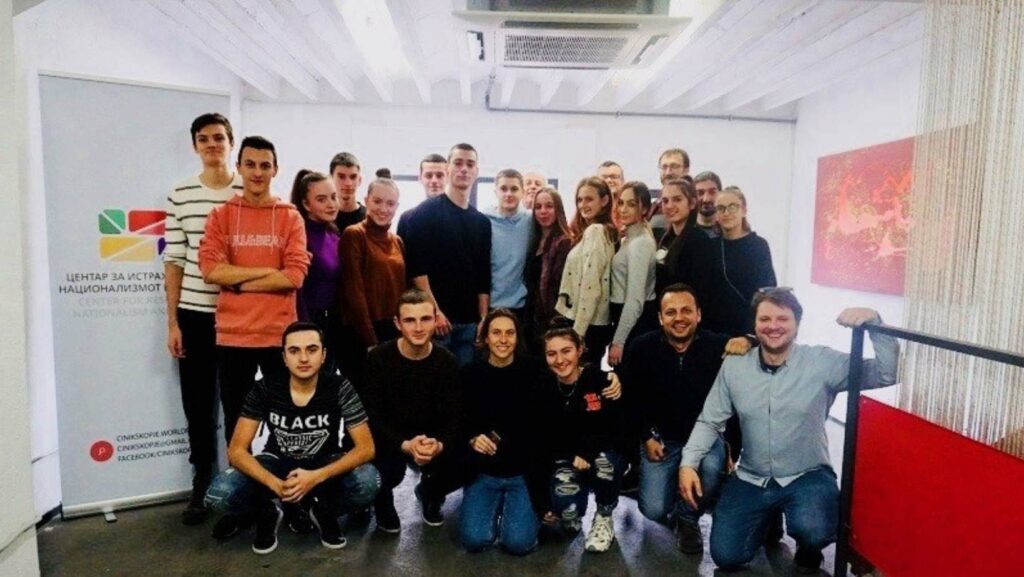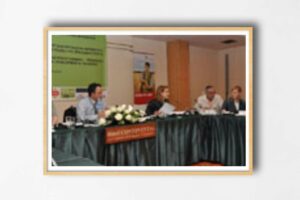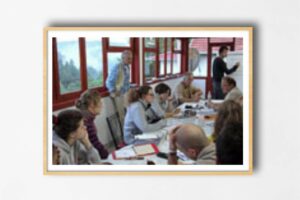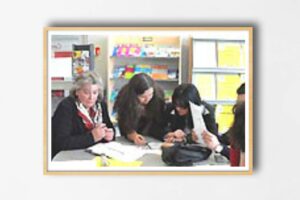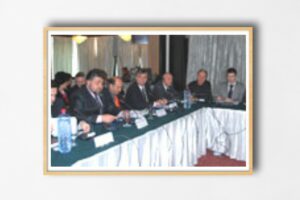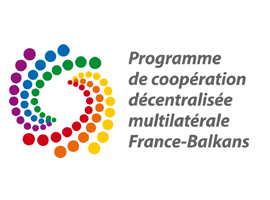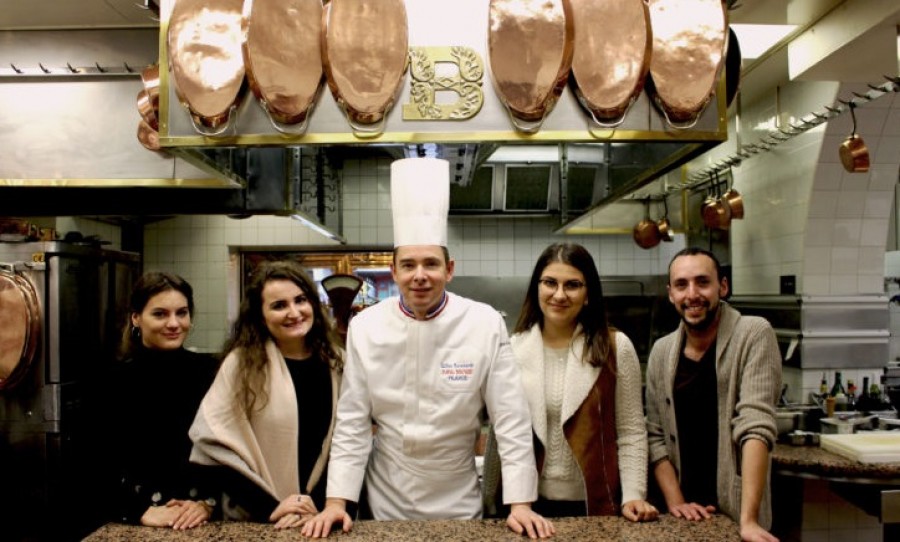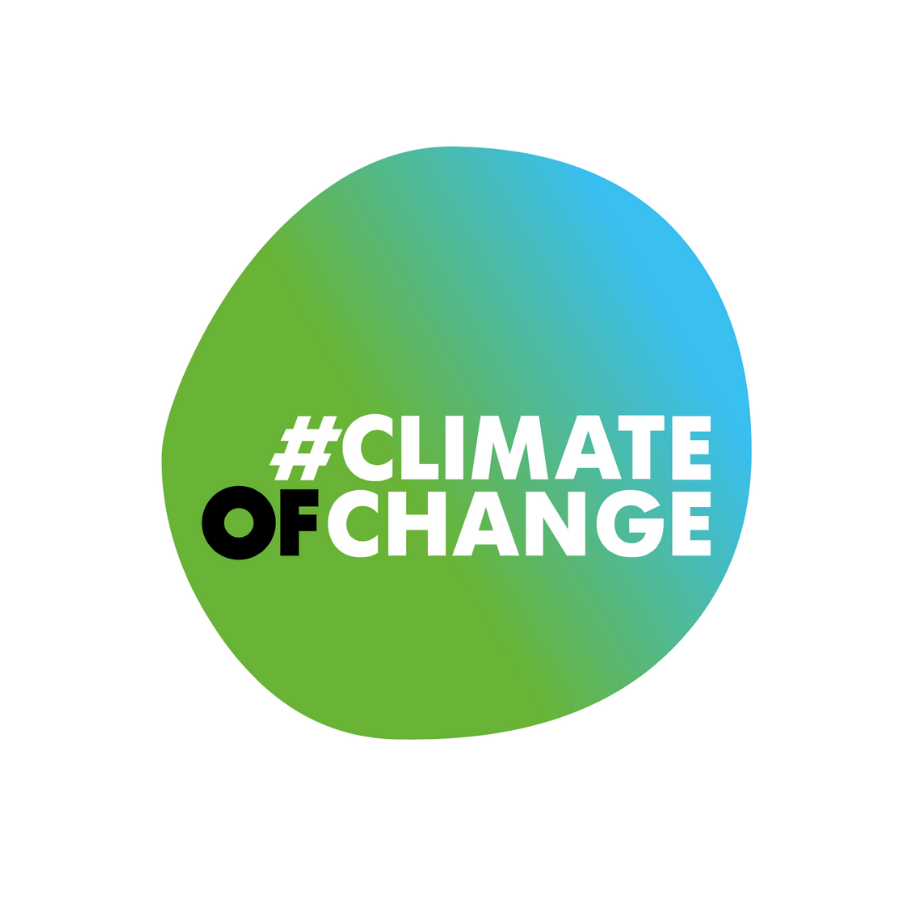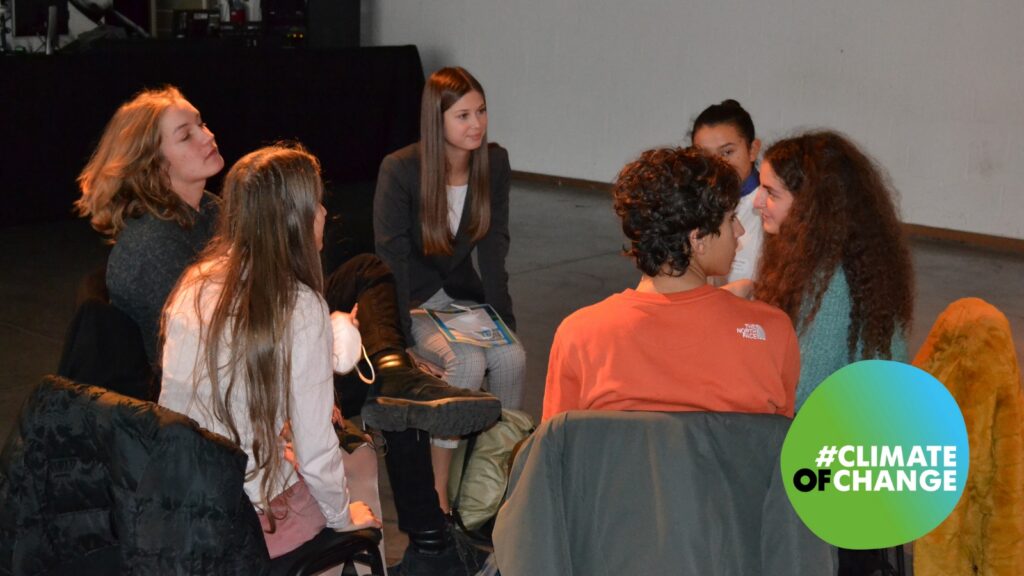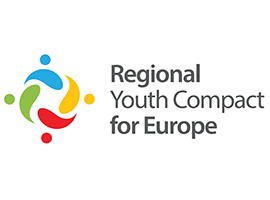
AT A GLANCE
The aim of this project is to help enhance CSOs participation in policy design and in monitoring the process of EU integration in the Western Balkans and to engage youth to participate more actively in this process. This project addresses the main issues which represent key challenges for WB countries: the issues of rule of law, fundamental rights and economic and social issues where employment is priority concern for the citizens
ACTIVITIES
The project is consisted of 6 work packages: Project Management, Capacity Building, Monitoring and Advocacy, Regional Networking and Exchange programme, Sub-granting programme and Public Campaign.
The first meeting of the team will be organised in Montenegro (Podgorica), as a two-day event in the first year. The aim is to make the Project Management Team fully operational and to determine procedures.
Afterwards the Regional Thematic Network Forum will be organised in order to plan, monitor and evaluate local and regional activities and it will be held three times along the implementation period. The Forum will meet as an introductory or follow-up event of the annual conference, which will be organizìsed in Tirana, Novi Sad and Belgrade from the first till the third year so as to contribute to the content of the conference on the basis of up to date evaluation of activities on regional and local level.
In the project, as a part of the packages there is an activity, a sub-granting programme in order to support the young people and their ideas. The main objective of the fund for Local Youth initiatives is the improvement and development of participatory youth policies and local democracy in communities of Western Balkans through support to youth initiatives fostering active citizenship and participation of young people at the local level.
As a part of the project trainings and study visits will be organised, as well as workshops and summer schools. This project is focused on involving the young people in the decision making process and raising awareness about their necessity and importance for the society.
